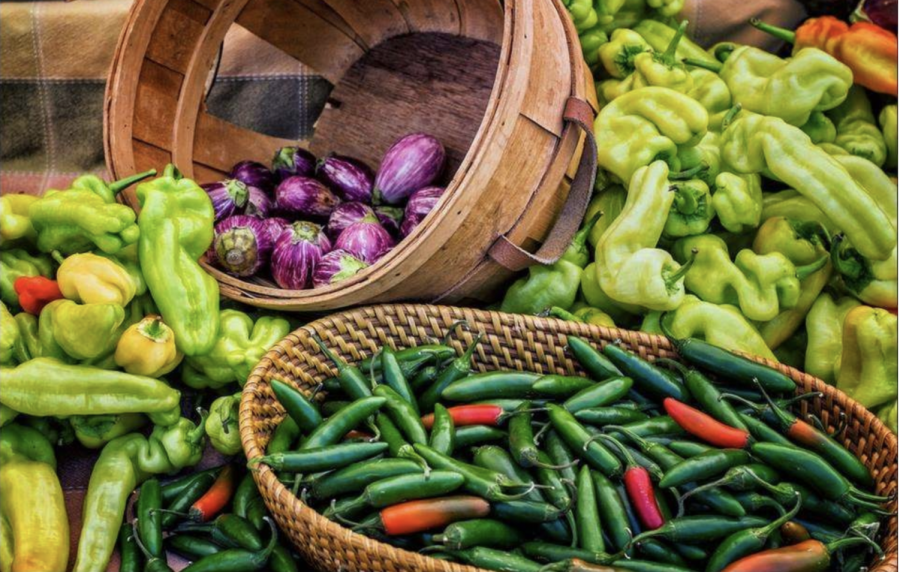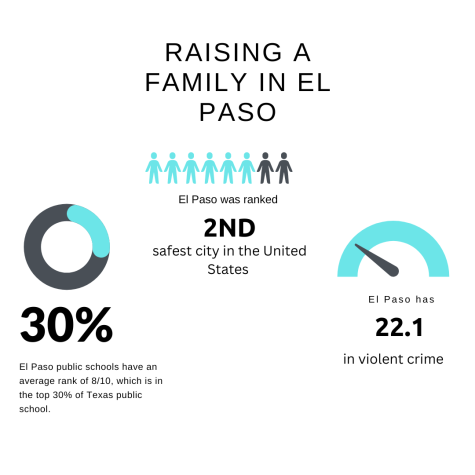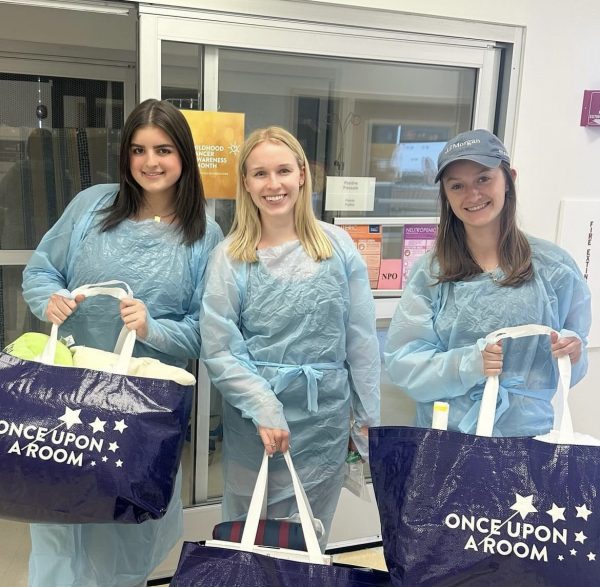Support Local Farmers
Photo courtesy / Visit El Paso
El Paso farmers produce high-quality crops.
While the city of El Paso is a growing urban area, the county and its surrounding areas in southern New Mexico are home to around 600 local farms that provide the area and the rest of the country with fresh, nutritious, and most importantly, local food. For example, Coronado’s Future Farmers of America program runs its own farm in the Upper Valley.
“I run the school farm where we plant, grow and process alfalfa hay. We have 15 head of cattle which we feed and vaccinate,” animal science teacher and FFA coach Jennifer Matejcek said. “We have 3 student employees working on the farms, they do everything from keeping the animals fed to watering, seeding, and cutting hay.”
The farms can be found in areas east of the city like Fabens, Tornillo, and Clint. According to the El Paso Herald post, El Paso County was responsible for 15 million of the 40 million pounds of pecans that were supplied from West Texas, making it the second largest pecan contributor in the state. As well as pecan orchards, the surrounding areas are scattered with dairy farms and cotton fields.
“In El Paso, the most common is Alfalfa and grass hay, further out there is onions, cotton, chile, lettuce, pecans,” Matejcek said.
Despite this valuable contribution, farmers in the El Paso area have been experiencing a decline in production as farmland availability decreases with urban growth and farms shrink as younger generations take less interest in farming. This decline in local farm production could lead to shortages of fresh produce and other agricultural products since 70% of the food we consume daily is supplied by the two billion small farmers within the United States.
“I wish more people would to get to know farming,” local farmer Ramon Tirres told KFOX 14, “because here in El Paso, some people, it’s hard to believe they don’t even know this valley exists. It’s a big industry, and if we lose it to urbanization, it’ll be gone forever.”
Supporting local farmers means promoting sustainable farming practices that limit the use of toxic pesticides and promote water conservation and it comes along with numerous health benefits because you are consuming fresh food.
“[when you are buying from a local producer], you know where your produce or meat is coming from and at times can be cheaper and custom packaged,” Matejcek said.
Finally, when you buy from a local farmer, you contribute to local economic growth because your purchase goes directly to the farmer to support their business and their family.“Buying local helps our community because it increases the local economy because you are buying from a local producer,” Matejcek said.
The best way to support local farmers is by actively seeking them out at a weekly farmers market or even at a locally owned grocery store.
“The best way to support local farmers is buying directly from them and cutting out the middleman,” Matejcek said.












